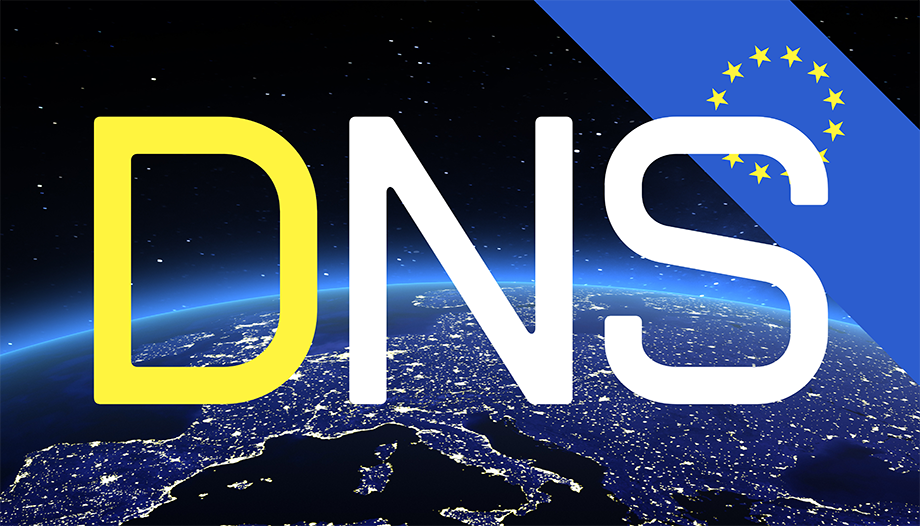On the Internet, almost everything starts with a query to the Domain Name System (DNS). This system translates names such as www.vatican.va into numeric IP addresses that computers need to communicate.
The risk of a vulnerable entry point
The malware (malicious software) and the spam (spam) are not mere nuisances: they can steal data, hijack files or compromise the privacy of religious communities. As all network traffic starts with a DNS query, if an attacker controls this point, he can redirect the user to fake pages, install viruses or facilitate the sending of fraudulent mass mailings.
What is the European Union doing? DNS4EU"
The European Commission and the European Union Agency for Cybersecurity (ENISA) have launched DNS4EUa solver that:
-Increases security: blocks domains with malware, phishing o spam.
-Protects privacy: does not market or store queries unnecessarily.
-Ensures resilience: keeps the service active even in the face of massive attacks.
The blacklists of DNS4EU are updated in seconds. If a domain starts distributing malwarecan be blocked in the entire network DNS4EU in a matter of seconds.
How filtering works
When a device in a parish queries an address, the DNS resolver:
-Receive the request (What is the IP of mail.parish.net?).
-Check if the domain is listed in threat databases.
-Responds with the legitimate IP if it is safe, or blocks/redirects if it is dangerous.
This filtering occurs in microseconds and does not slow down navigation.
Benefits for the Church
Parishes, dioceses and religious communities are also targeted by cybercriminals. Some actual attacks include:
-Phishing to priests to steal passwords.
-Ransomware who encrypts diocesan documents and demands a ransom.
–Spam sent from legitimate addresses to deceive the faithful.
Using secure DNS resolvers can prevent the parish secretariat's computer or a priest's personal laptop from even connecting to the servers hosting the malware. It is a proactive defense: the attack is cut off before it reaches the device.
Privacy and sensitive data
The free DNS of large corporations can record browsing habits. Although they do not collect content, they do show patterns of activity.
European resolvers such as DNS4EU are governed by the General Data Protection Regulation (GDPR), ensuring that queries are not used for commercial purposes or stored unnecessarily. This provides a particularly valuable layer of privacy protection for religious entities that handle sensitive data on worshippers and pastoral activities.
How to implement it in a parish or community
Device: the IP addresses of the resolver can be entered in the network settings of a computer or telephone. DNS4EU (published on its official website).
Router: simply change the configuration so that the entire parish network uses the secure DNS. This automatically protects all connected devices.
In addition, the use of encrypted protocols such as DNS over HTTPS (DoH) o DNS over TLS (DoT) prevents DNS queries from traveling "in the clear" over the network, making it difficult for an attacker to eavesdrop or manipulate them.
A pastoral defense also
In the 21st century, caring for the flock also includes protecting its data and communications. Just as church doors are locked at night or locks are installed in the sacristy, today it is prudent to erect "digital locks". Having a system that detects and blocks threats before they come into contact with our devices is a work of prudence... and of pastoral charity.







